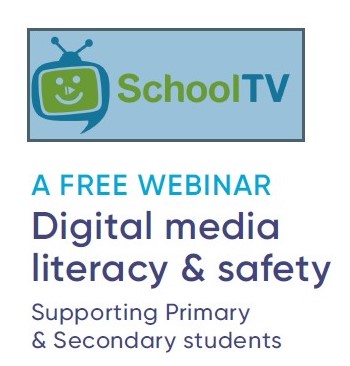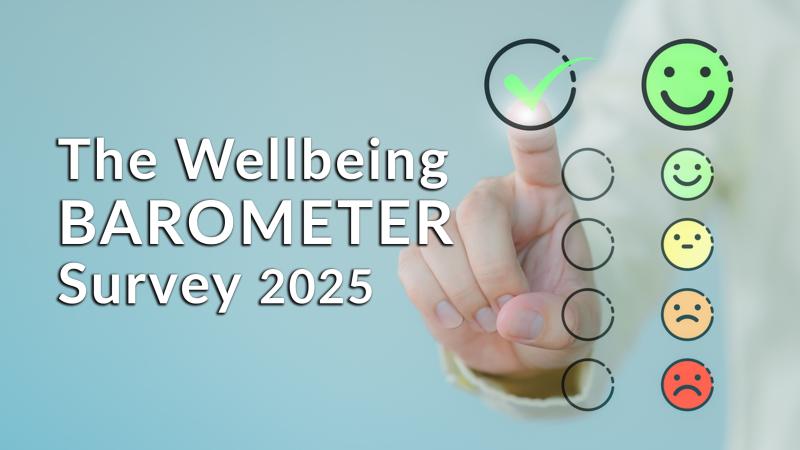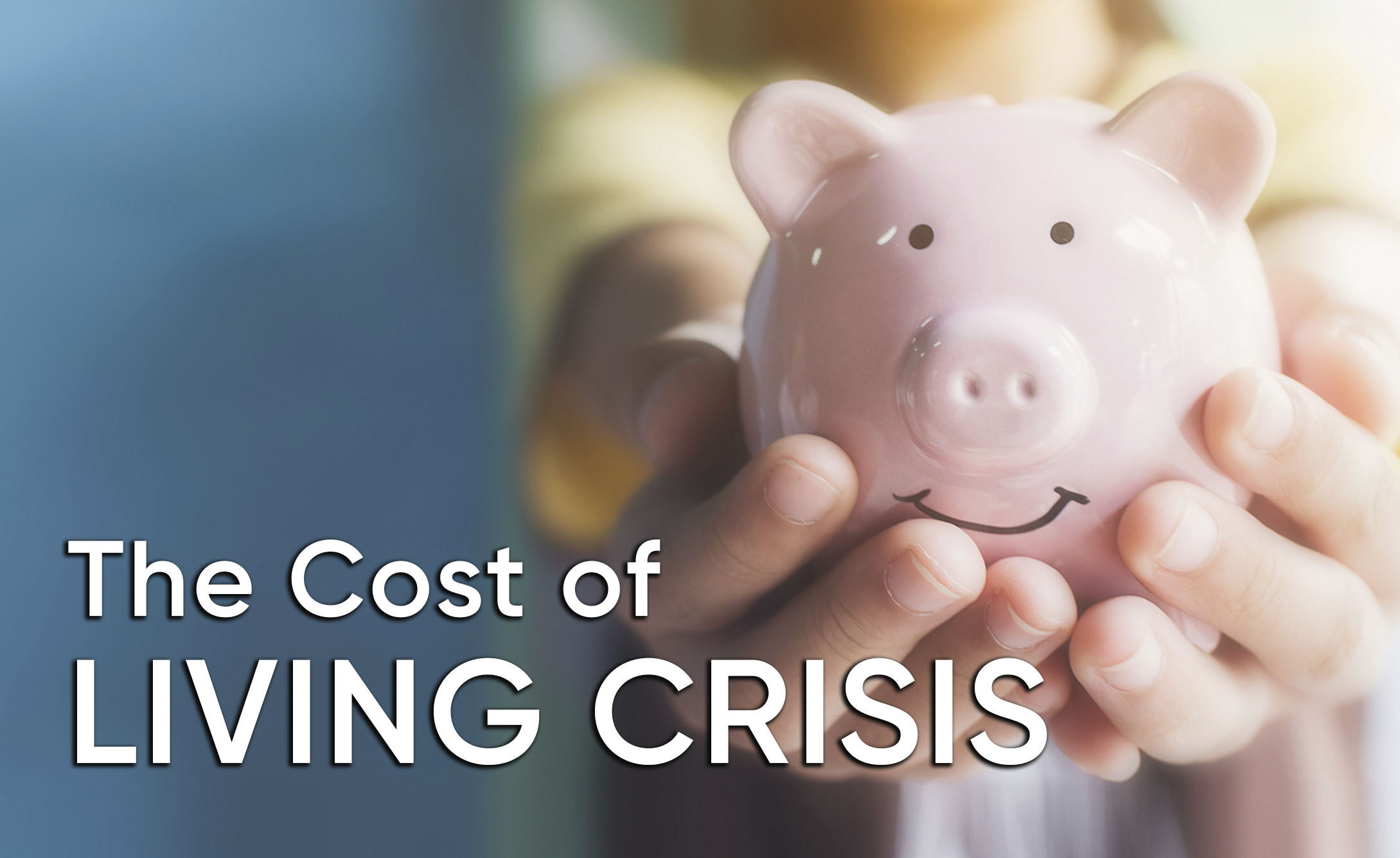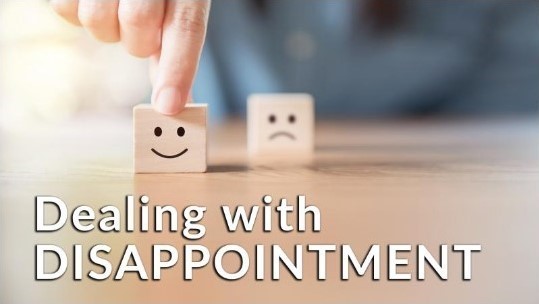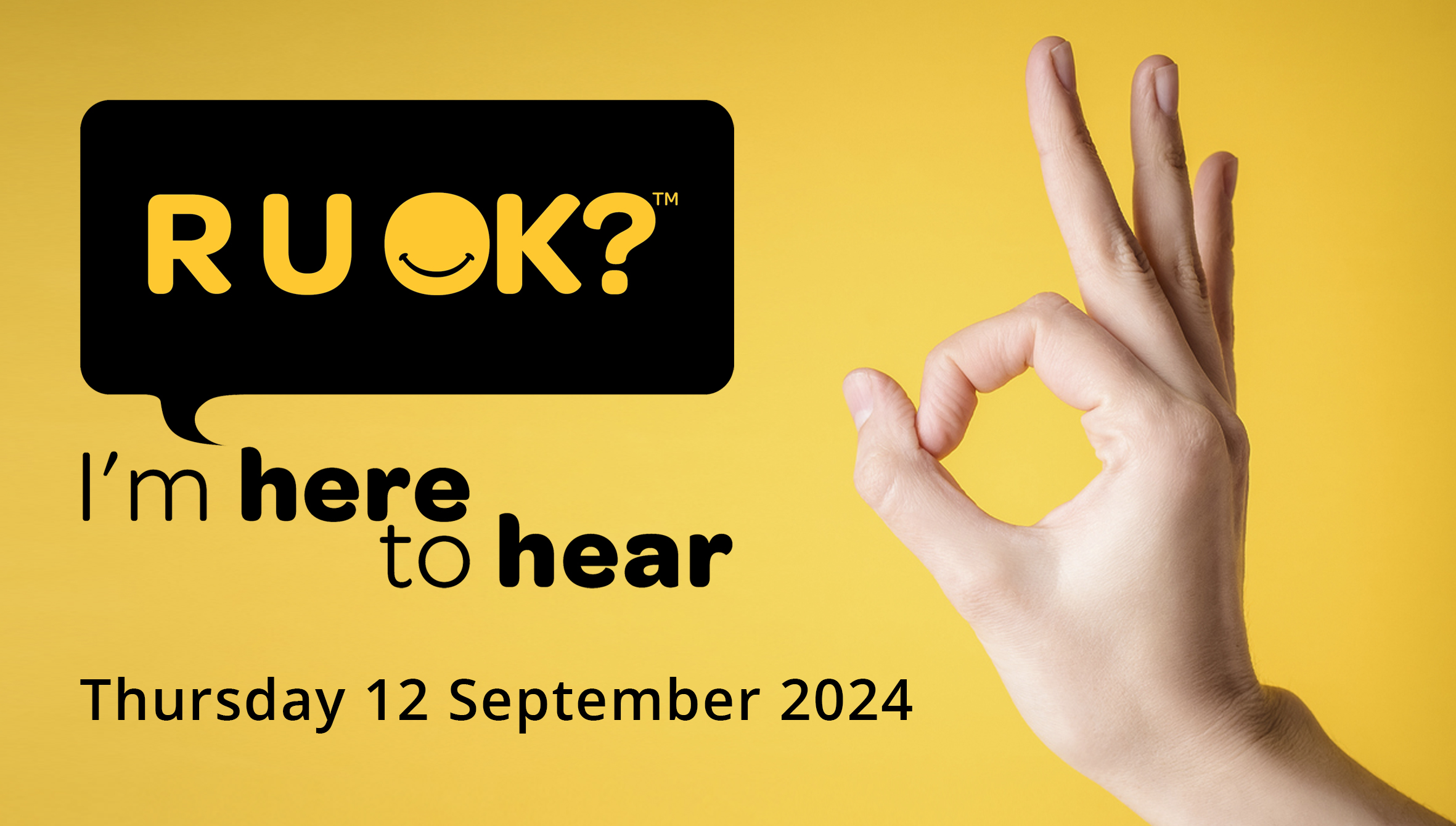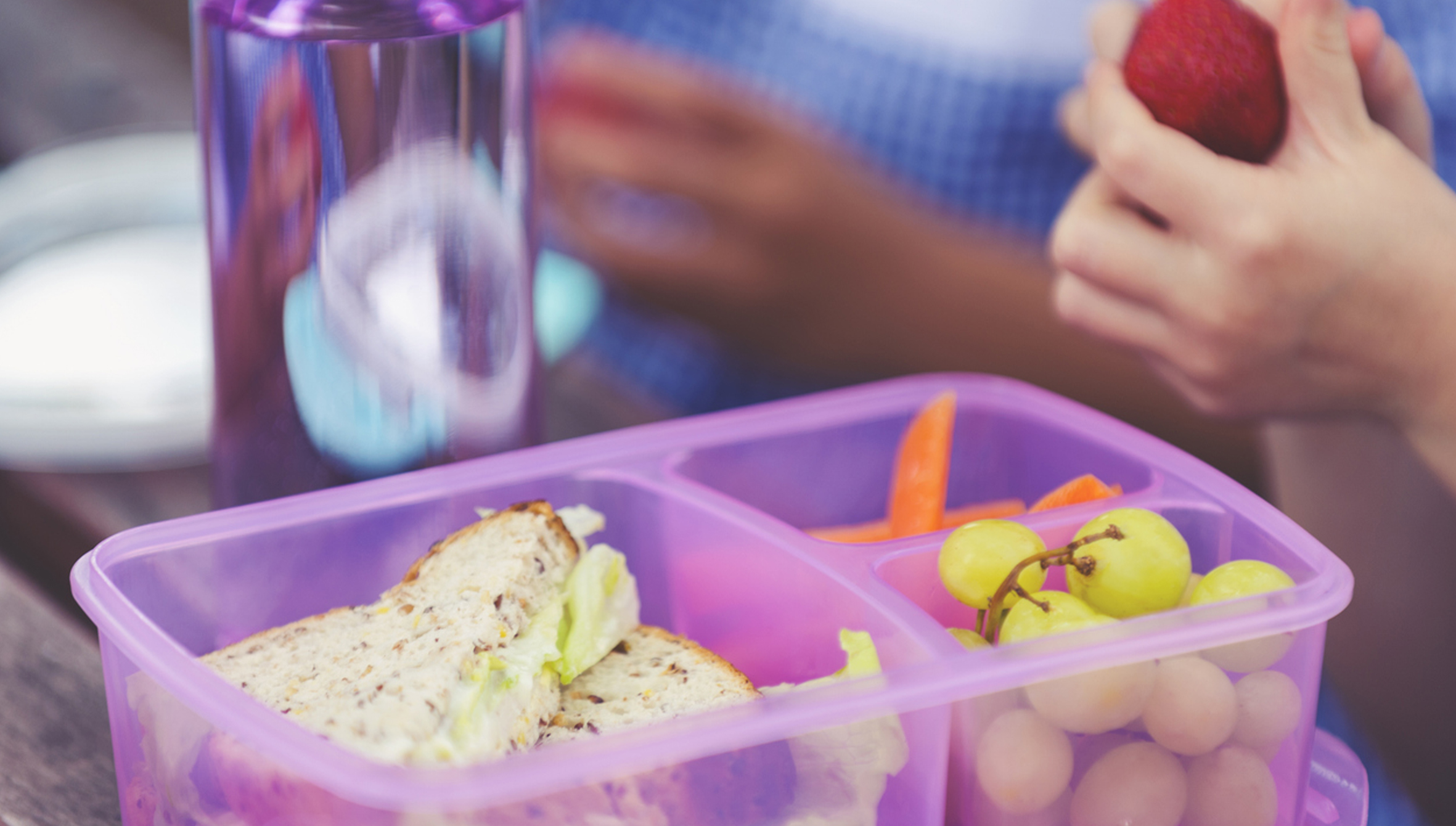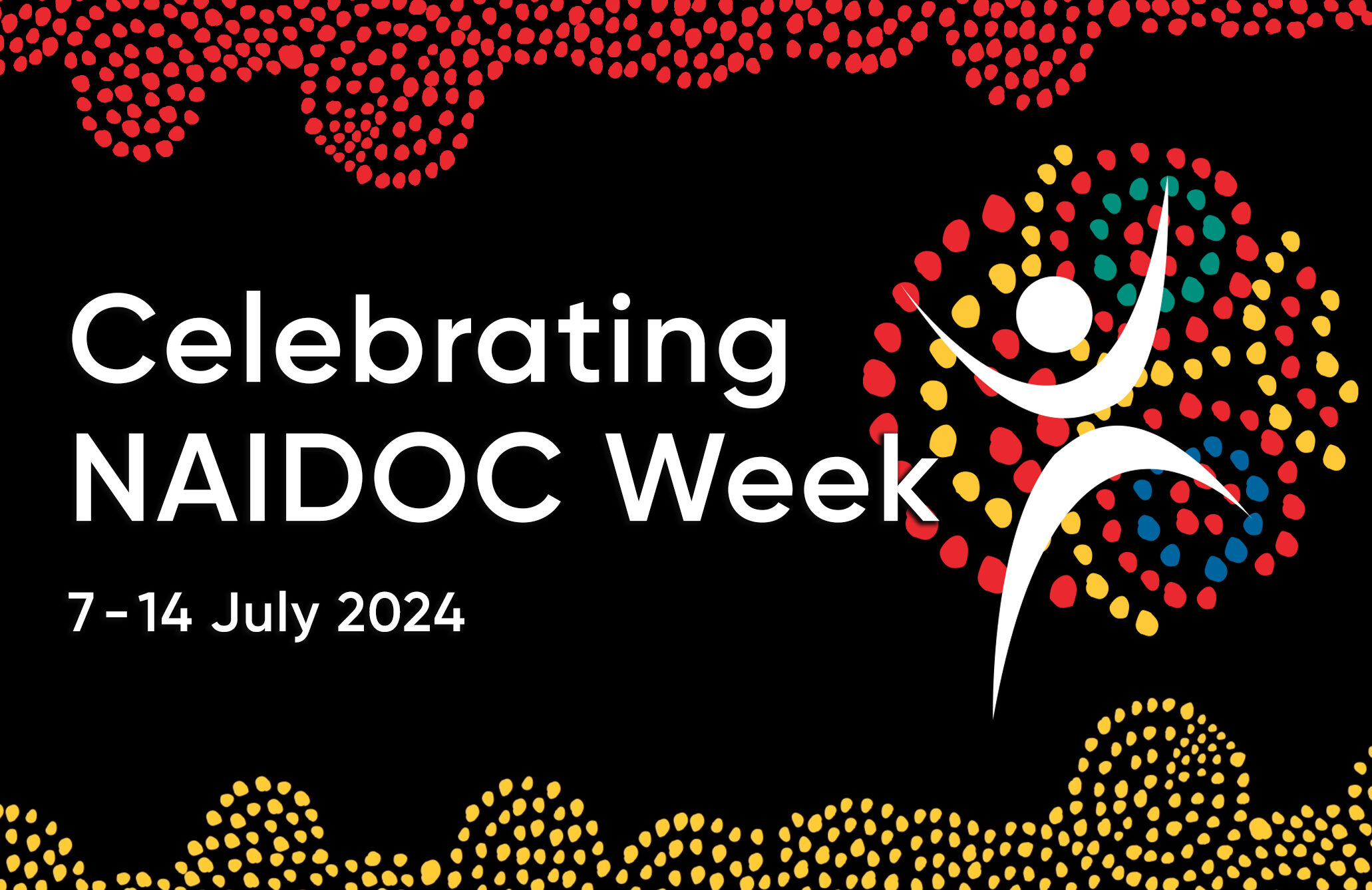
Young people today are growing up in a world where exposure to other people’s lives is constant. Through social media and other platforms, they are regularly presented with curated highlights – from flawless holiday photos and academic milestones to the latest fashion trends and fitness achievements. This continuous stream of idealised content fuels what is known as comparison culture, where self-worth is often measured by how someone stacks up against others.
For children and adolescents, who are still figuring out who they are, this culture can be particularly damaging. Constantly comparing their appearance, achievements, or social standing to friends, influencers, and even strangers can lead to unrealistic expectations and a skewed sense of self-worth. This relentless need to measure up can contribute to feelings of inadequacy, self-doubt, and anxiety – undermining both confidence and emotional wellbeing.
It’s vital that parents and caregivers understand how deeply comparison culture can influence a child’s self-perception and sense of value. Left unchecked, it can foster perfectionism and a dependence on external validation, where a ‘like’ or comment becomes the measure of their worth.
The good news is, families have a powerful role to play in helping young people navigate these challenges. This Special Report will help you empower your child to build the resilience and confidence needed to navigate today’s comparison-driven world and embrace their own unique path.
Click here to view your Special Report.


